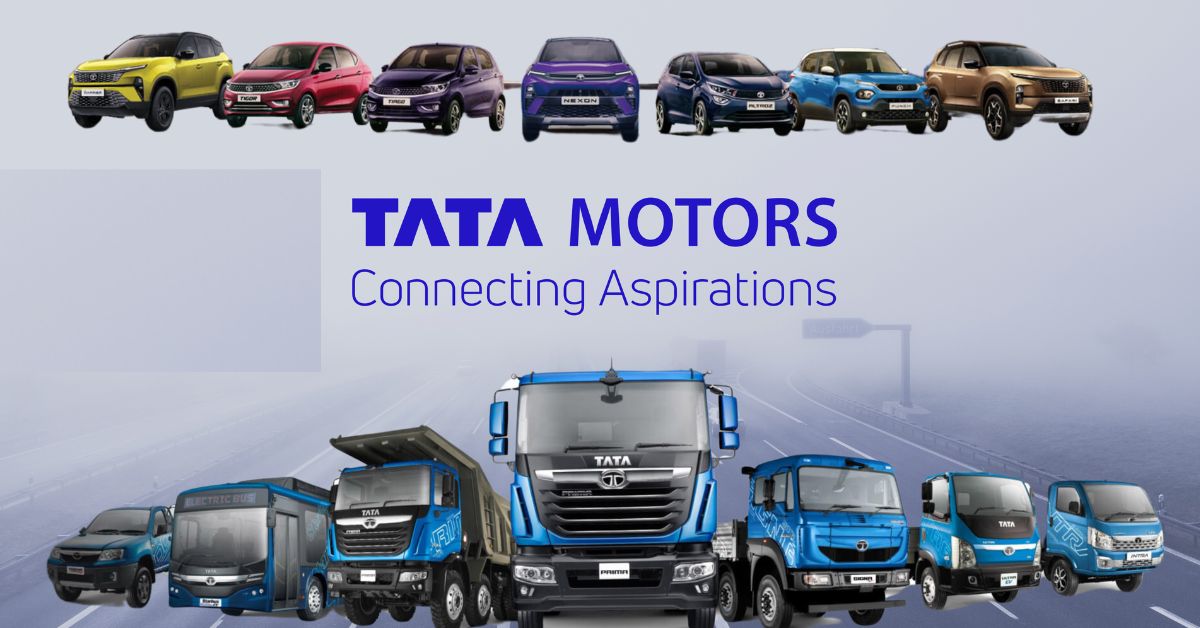Tata Motors, a flagship of the Tata Group, has long been a leader in India’s automotive sector. From compact city cars to powerful commercial vehicles, Tata has consistently delivered performance, innovation, and value to millions of customers. In 2025, the company is not just keeping pace with global trends—it is actively shaping the future of mobility. With strategic investments in electric vehicles (EVs), cutting-edge design, and global expansion, Tata Motors is redefining transportation across three key segments: cars, trucks, and buses.
1. Passenger Cars: Electric and Intelligent
The Indian car market has seen a seismic shift in recent years, driven by increasing environmental awareness, government incentives, and rising fuel prices. Tata Motors has responded to this transformation with a strong focus on electric vehicles. In 2025, its electric lineup has become more robust, featuring popular models like the Nexon EV, Punch EV, and the new Altroz EV.
What sets Tata apart is its integration of affordability with advanced technology. The new Sierra EV, unveiled at the Auto Expo, is not just a nostalgic nod to the past but a futuristic SUV equipped with ADAS (Advanced Driver Assistance Systems), a panoramic sunroof, and fast-charging capabilities. Tata has also enhanced its Ziptron technology platform to offer longer range, better battery management, and superior performance.
Connectivity is another area where Tata Motors excels. With the iRA connected car platform, users enjoy features like remote diagnostics, vehicle tracking, and voice commands. The cars of 2025 are smarter, safer, and greener—precisely what the modern Indian consumer demands.
2. Trucks: Power Meets Performance
Tata Motors has always been a dominant force in the commercial vehicle sector. In 2025, it continues to lead the market with an upgraded range of trucks designed for higher efficiency, lower emissions, and smart fleet management.
The Prima and Signa series now come with Bharat Stage VI Phase 2 compliance, making them more environmentally friendly. Additionally, Tata has invested in alternative fuel technologies, offering trucks powered by CNG, LNG, and even hydrogen fuel cells in pilot markets. This diversification is critical as fleet operators look to reduce their carbon footprint without compromising on performance.
One of the most notable innovations is the Fleet Edge telematics system, which allows transport companies to monitor vehicle health, driver behavior, fuel efficiency, and real-time tracking. With rising logistics costs, these insights help businesses maximize uptime and profitability.
Tata Motors has also expanded its modular vehicle platforms, allowing quicker customization for diverse industries—be it mining, construction, or long-haul transportation. The focus is not just on selling trucks but on offering end-to-end mobility solutions.
3. Buses: A Greener Public Transit
Urban mobility is undergoing a revolution, and public transport is at the heart of it. Tata Motors, with its strong foothold in the bus segment, is playing a pivotal role in electrifying India’s public transport system. The Starbus EV and Ultra EV have become popular choices for smart city projects, offering quiet, zero-emission travel.
In 2025, Tata has expanded its electric bus fleet to tier-2 and tier-3 cities, making clean transportation more accessible. These buses are equipped with fast charging, regenerative braking, and passenger-friendly features like Wi-Fi, USB charging, and low-floor designs for easier access.
Safety remains a key focus. Tata’s buses come with Electronic Stability Control, fire detection systems, and GPS tracking, ensuring passenger and driver security. Moreover, partnerships with state governments and transport bodies have helped Tata scale its electric bus operations rapidly.
Global Expansion and Collaborations
Tata Motors is no longer just an Indian brand. In 2025, it has strengthened its global presence, particularly in Africa, South Asia, and parts of Latin America. Its acquisition of Jaguar Land Rover (JLR) continues to pay dividends, with technology and design synergies flowing both ways.
The company is also collaborating with tech firms and startups for AI, autonomous driving, and battery innovation. Its tie-ups with Indian IT giants like Tata Elxsi and Tata Consultancy Services (TCS) allow it to integrate software excellence into automotive engineering.
Sustainability and the Road Ahead
Sustainability is no longer a buzzword but a strategic priority. Tata Motors has committed to becoming net zero by 2040, with heavy investments in green manufacturing, recycling, and circular economy practices. Solar energy is increasingly powering its plants, and sustainable materials are being used in vehicle interiors.
In 2025, Tata Motors exemplifies the spirit of Indian innovation with a global vision. Whether it’s the urban commuter, the logistics provider, or the city planner—Tata is delivering value, performance, and sustainability across the board.
